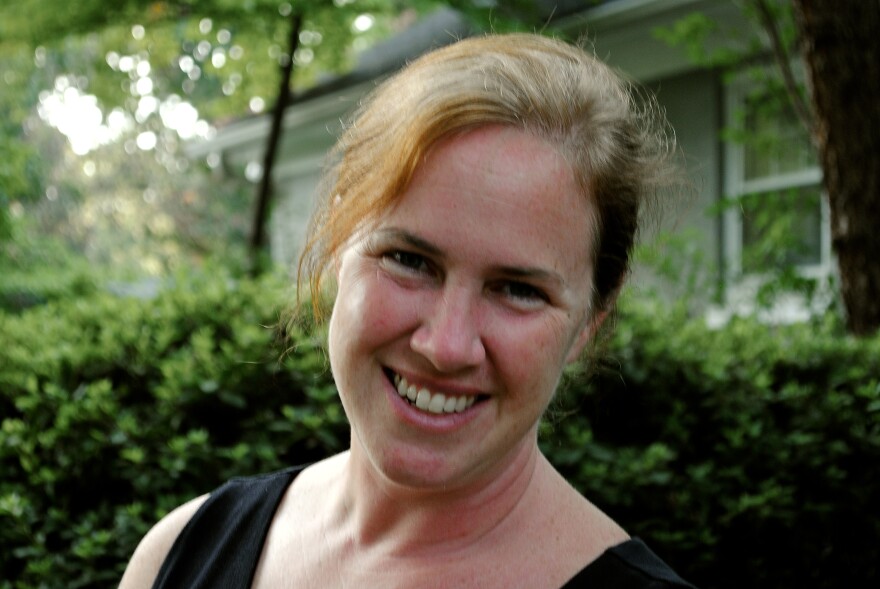Hospice Chaplain Kerry Egan says she doesn't know if listening to people's life stories as the confront death can make a person wise.
"I do know it can heal your soul. I know this because the stories healed mine."
The stories in her new book, On Living, are those her patients told her they wished they could write and share with the wider world. Egan began showing up with pad and pen to act as both a sounding board and recorder.
"I had as a goal to tell those stories honestly and with a lot of love," Egan said on GLT's Sound Ideas.
"A second goal was that people who read this book would, in learning about other people's lives, see how they made meaning of the really hard things in their lives, and that they could do it too."
Egan said if there is one thing she's learned from her patients it is: don't wait, do it now. Don't wait to reconcile in a relationship, take that trip, make the job change,write the book or earn the degree you've always wanted.
She said she was particularly moved by something a woman who had been married many years said as her husband's body was being carried out of their home by undertakers: life is beautiful, and then you die.
"Most people would say 'it's a beautiful life, but then you die. For her (life and death) were together they were not in conflict. I've come to the realization that these contradictory things are both true. Really awful things can happen in life and you can still have joy. You can have an enormous amount of loss and still have love. Life is both beautiful, and it ends."
Egan said hospice patients often talk of their regrets. She tells them them they can transform some of those regrets into hope.
"I don't think anybody can live a full life without having regret," she said. "Sometimes as a culture we hold up regret as a terrible thing. To live a life without regret, it's not reasonable. So this idea you can live with no regrets sets people up to almost paralyze them.
She encourages her patients instead to examine their regrets more deeply.
"Regret can be a way to see what your real hope is. Regret hones hope, and if you can hold regret up to the daylight,you are given this chance to see what are my hopes in this time I still have left in life ... You can redefine that hope and move forward to try to make that hope come true."

Loss,shame, grief and trauma commonly thread through these stories.
"Those are the experiences that really pull your sense of identity out from under you," Egan said.
"You think you are one person, you think the world works in a certain way, and then you have those experiences that just pull that sense of meaning and identity out from under you, and it's really frightening. That is the definition of a spiritual crisis right there."
Patients usually arrive at a place of meaning on their own, Egan said.
"Sometimes you want a chaplain with you to talk through it, but the patient is the one who does that work," Egan added.
And not every visit involves a deep, heavy story.
"Sometimes there are fun, pleasant visits where you sing songs, tell funny stories. It's not always really deep, painful stories."
She said having a religious faith often helps patients, but not always. "I have seen people who don't belief in an after-life be at peace, and people who have been faithful all their lives can be in a panic."
She said faith is one resource in facing the end of life, but there are many other tools that offer comfort and meaning. "There is literature, music, friends family, the work you did in life," Egan said.


